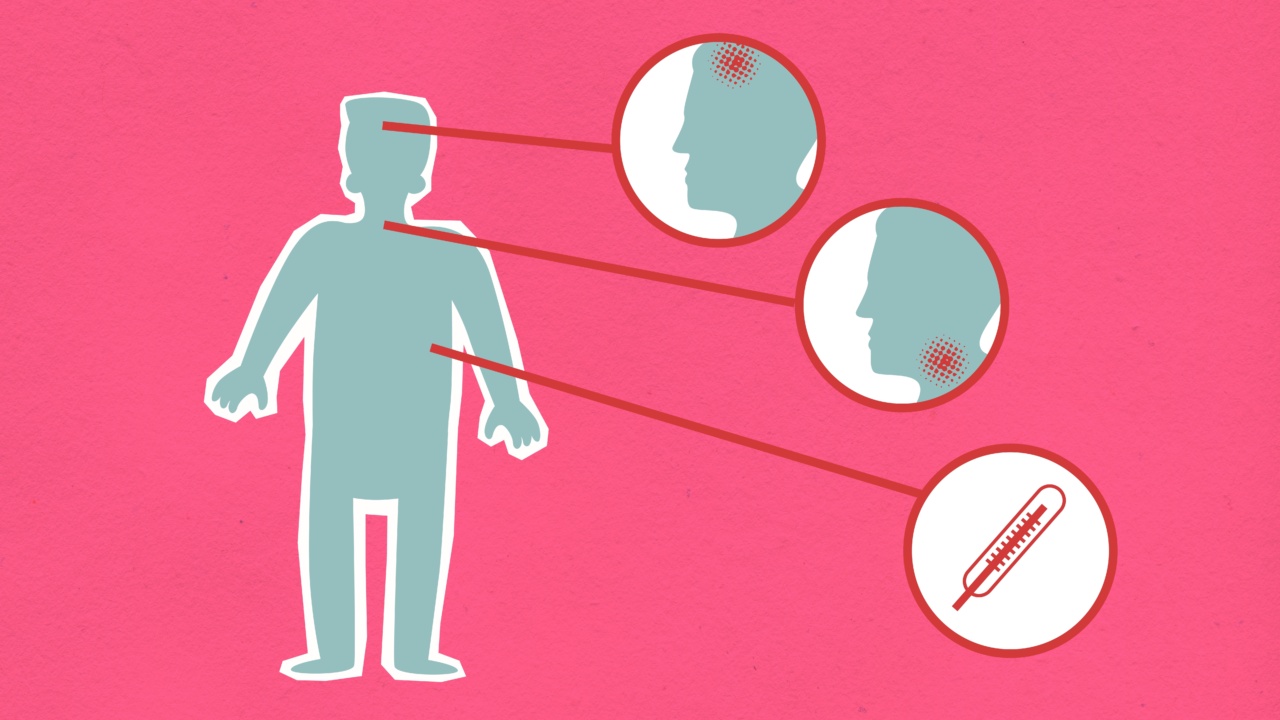Our arteries are responsible for carrying oxygen-rich blood throughout our bodies. When these arteries become clogged, it can lead to serious health issues, including heart disease, stroke, and even death.
It is important to be aware of the warning signs that could indicate clogged arteries so that proper medical attention can be sought. Here are 10 symptoms to watch out for:.
1. Chest Pain or Discomfort
One of the most common symptoms of clogged arteries is chest pain or discomfort, also known as angina. This pain may feel like pressure, tightness, or a squeezing sensation in the chest. It can also radiate to the shoulders, arms, neck, jaw, or back.
Chest pain should never be ignored and may indicate an impending heart attack.
2. Shortness of Breath
When arteries are clogged, the heart has difficulty pumping blood efficiently. This can lead to shortness of breath, especially during physical activities or exertion.
If you find yourself frequently out of breath or experiencing difficulty breathing, it may be a sign of clogged arteries.
3. Fatigue and Weakness
Clogged arteries can also cause fatigue and weakness due to restricted blood flow to the muscles. This can make you feel tired even after mild exertion.
If you find yourself constantly fatigued or lacking in energy, it could be a result of poor blood circulation caused by clogged arteries.
4. Dizziness or Fainting
Insufficient blood flow to the brain can cause dizziness or lightheadedness. In severe cases, it may even lead to fainting or loss of consciousness.
If you experience frequent dizzy spells or have a history of fainting, it is essential to get checked for clogged arteries.
5. Erectile Dysfunction
In men, clogged arteries can contribute to erectile dysfunction. The arteries supplying blood to the reproductive organs can become narrowed or blocked, leading to difficulties in achieving or maintaining an erection.
If you are experiencing persistent erectile dysfunction, it may be worth investigating your arterial health.
6. Leg Pain and Muscle Cramps
Clogged arteries can also affect the lower extremities, leading to leg pain and muscle cramps. As the arteries supplying blood to the legs become blocked, it can result in reduced blood flow and cause pain, especially during physical activity.
Pay attention to any persistent leg pain or cramping, as it could be an indication of clogged arteries.
7. Numbness or Tingling Sensation
When arteries are clogged, the peripheral nerves may not receive adequate blood supply, leading to a numbness or tingling sensation in the affected areas. This is particularly common in the fingers, hands, feet, and toes.
If you notice persistent numbness or tingling, it may be a sign of arterial blockage.
8. High Blood Pressure
Clogged arteries can contribute to high blood pressure, also known as hypertension. When arteries are narrow or blocked, it puts extra strain on the heart to pump blood through restricted pathways, resulting in increased blood pressure levels.
Regular monitoring of blood pressure is crucial to identify any underlying arterial issues.
9. Chronic Kidney Disease
Healthy kidneys require efficient blood flow for proper functioning. Clogged arteries can weaken kidney function over time, leading to chronic kidney disease.
Symptoms of this condition can include decreased urine output, swelling, fatigue, and difficulty concentrating. If you experience these symptoms, it is important to consult a healthcare professional.
10. Poor Wound Healing
Impaired blood flow caused by clogged arteries can hinder the body’s ability to heal wounds. Whether it is a minor cut or a more significant injury, slow or poor wound healing can be a sign of underlying arterial problems.
If you notice that your wounds are taking longer to heal than usual, it is recommended to seek medical advice.





























